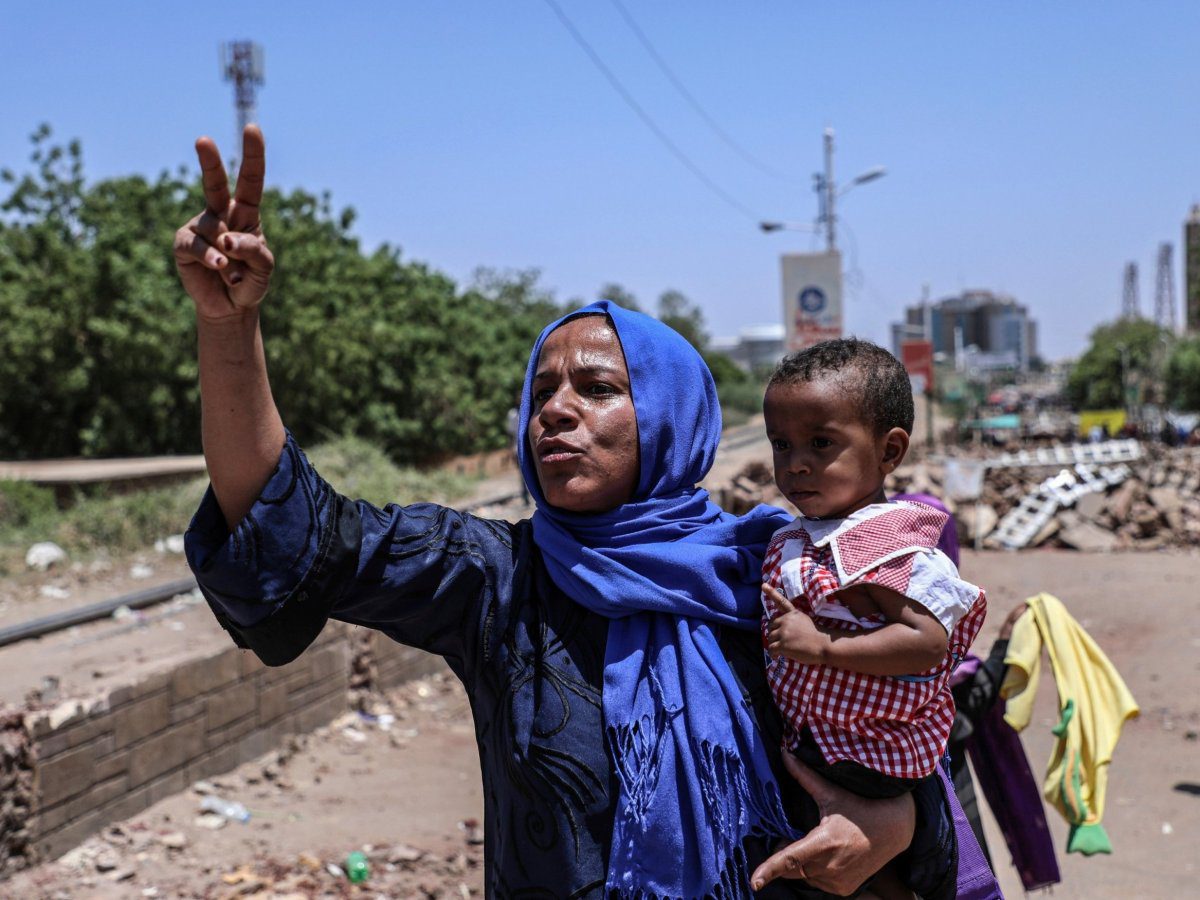Almost two months after the removal of former Sudanese leader, Omar al-Bashir, political efforts to move the country forward is still at a deadly stalemate. The horrific attack by the Sudanese military on protesters last Monday is only one of the numerous repressive antics of the military to intimidate protesters, especially in the key cities of Omdurman and Khartoum. Besides the dispute over the next election date—which the military wants to hold within nine months while protesters propose a longer timeframe instead, both sides cannot agree on the membership of the Sovereign Council—the body that will oversee election and transition to a democratically elected civilian government. But this fight over election and council membership are only two of the three factors that may stall the political process in Sudan.
The other is the meddling of Saudi Arabia, the United Arab Emirates, and Iran—countries embroiled in one of the most bitter cold war the Arab world has seen in recent history—in Sudan’s political affairs. If care is not taken, though, the quest to achieve a political resolution to the stalemate in Sudan might trigger worse problems.
Sudan’s ruling military council has called for an election after troops stormed the main camp of pro-democracy protestors and killed at least 35 people in a crackdown which has drawn international condemnation. – CNN
Protesters’ Refusal to Yield is Justified
Sudanese are skeptical of leaving the streets and entrusting the military for valid reasons. If the military is allowed to control the Sovereign Council, the permission will give military chiefs involved with the al-Bashir regime, the room to potentially seize democratic offices for themselves rather than allow political parties to contest in a free and credible election.
The Transition Military Council (TMC) has not equally acted in manners that will convince the public that its members can be trusted to lead the country out of this crisis. Protesters see events like the senseless attack on the sit-in by the Rapid Support Forces (RSF) earlier in May that resulted in the death of five protesters and another shortly after, which killed a pregnant woman, as signs of things to come. Then the Monday attack happened. Even if the protesters decide to have a rethink and leave the streets, the leadership of the TMC is neither politically clean nor diplomatically wise enough to deliver on expectations on its own.
For instance, the deputy leader of the TMC, Mohamed Hamdan Dagalo—who happens to be on the US sanctions list for his role in the Darfur genocide—is also the head of the notorious RSF that killed protesters. If Dagalo could have watched his men shoot and kill peaceful civilians, he will do worse if allowed more power. Also, many members of the TMC were part of the al-Bashir cabinet and some of them were indicted in the atrocities of the regime. It is simply ironical to have such tainted individuals run a transition towards democracy. More so, they are unwisely dragging the fragile country into the unhealthy politics of the Arab world, which is allowing the likes of Saudi Arabia and the UAE propagate interests in Sudan.
A New Turf for the Arab Cold War?
For Saudi Arabia, the UAE, and Iran, the stakes are high. Whoever is able to control the politics of Sudan—especially between Iran and Saudi Arabia—will not only increase its numerical advantage in the ally politics of the Arab League but also have an important African economy on its side. The TMC is not treating either faction wisely.
One the one hand, Iran is a longtime ally of Sudan. Their modern relationship goes back to the 1990s when large military and financial aid from Tehran flow to Khartoum. Although in recent years, Sudan has created ties with Iran’s arch-rival, Saudi Arabia instead, starting from when Khartoum announced it will join the Saudi coalition in Yemen against Shia Houthi rebels—a major armed group in Yemen supported by Iran—in exchange for a $1 billion financial aid from Riyadh. For al-Bashir’s Sudan, it was all about loyalty to the highest bidder. The TMC leadership are repeating this same mistake by clearly taking sides with the Saudis and the protesters have voiced against such policy.
On the other hand, Saudi Arabia and the UAE has promised to help Sudan with $3 billion in aid money—an attempt to wade off any remnants of Iranian influence in Sudan. Iran may counter Saudi’s interest by supporting armed resistance against the TMC as we have seen in Syria and Yemen. The results are, however, already paying off for the Saudis.
In a recent meeting between Mohamed Hamdan Dagalo of the TMC and the Saudi Crown Prince, Mohammed bin Salman in Jeddah, Dagalo pledged his and the TMC’s unwavering allegiance to the Saudi faction. He promised that Sudan will stand with the kingdom against all threats and attacks from Iran, and against Houthi militias in Yemen. Similar sentimental statements were made by the head of the TMC, Abdul Fattah Burhan in his recent visits to the UAE.
These are reckless side-taking politics that has further convinced Sudanese that the TMC is only interested in promoting al-Bashir’s policies. The only way things will work for Sudan is for the TMC to allow a civilian-led Sovereign Council that will prioritize working towards a free and fair election. Unfortunately, for this to happen, Sudanese may have to continue the nationwide strike and remain on the streets.
Ibrahim Anoba is the Editor of AfricaLiberty.org and an African Affairs Expert. He can be found on Twitter @Ibrahim_Anoba.

